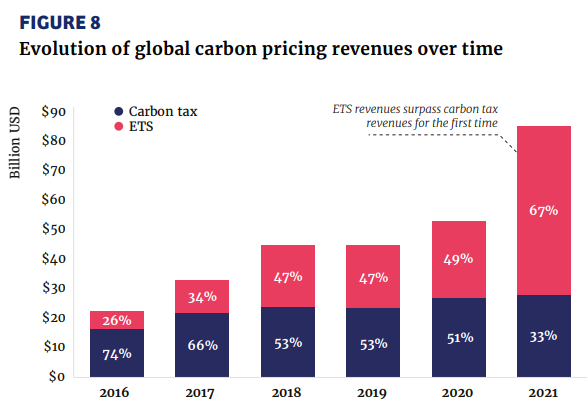
Newsletter
"Don't touch my carbon revenue!"
Focus on incentives to anticipate the next move in the EU carbon market

Newsletter
Focus on incentives to anticipate the next move in the EU carbon market
Newsletter
High commodity prices increase the incentive to clear forests and plant crops
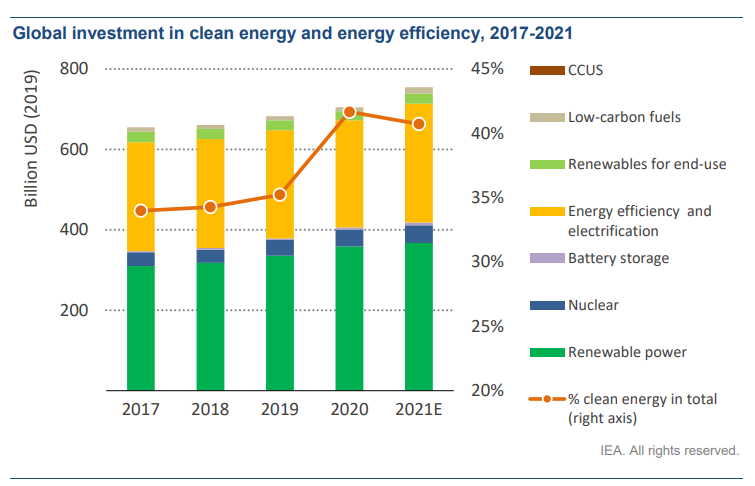
Newsletter
How investors should think about the 'invisible fuel'
Newsletter
We are going to be hearing a lot more about Carbon Contract for Differences (CCfDs) over the next few months. As Europe looks to wean itself off Russian gas and accelerate its timetable for decarbonisation, CCfDs could be a powerful tool for unlocking investment in industrial decarbonisation, and in particular
Newsletter
Why forward guidance in the EU carbon market is here, and is set to stay
Newsletter
European industrial emissions (and demand for EUAs) have been supported by state protection against high energy prices
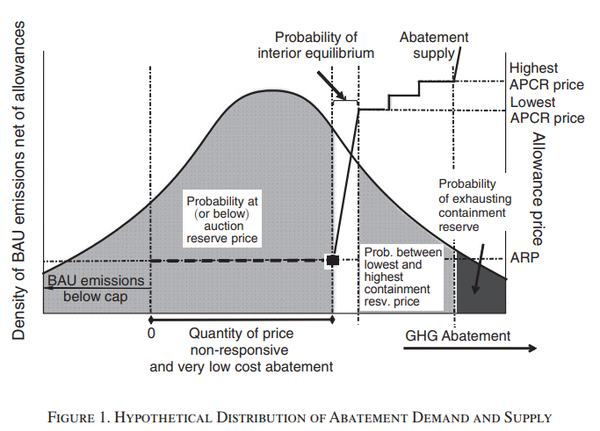
Newsletter
What California's mix of carbon policies means for price discovery
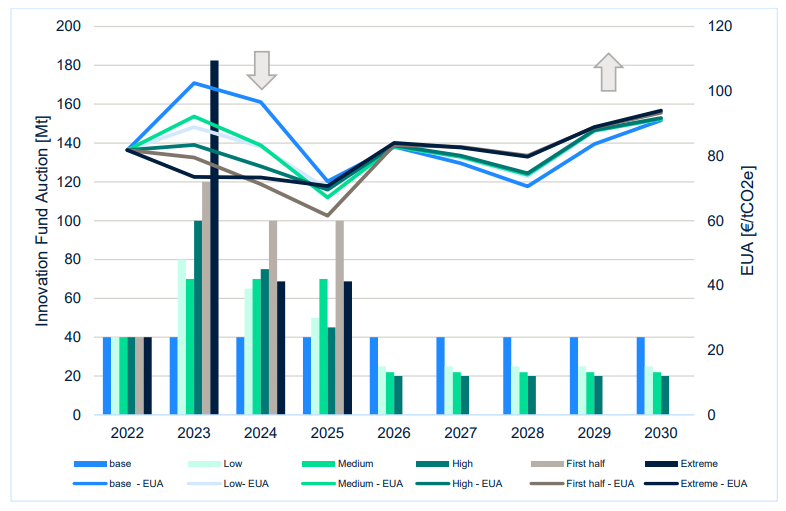
Newsletter
The EU must invest an extra €200bn over the next 5 years if it is to secure energy independence from Russia and accelerate the decarbonisation of the EU economy. That’s according to a leaked draft of the REpower EU package, due to be presented on Wednesday 18th May, and
Newsletter
Why are the Indonesian and Papua New Guinea carbon credit markets on hold?
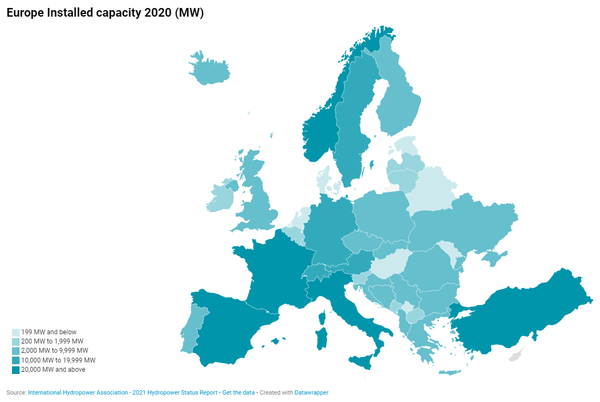
Newsletter
Why carbon market investors need to keep an eye on Europe's drought
Newsletter
The lumpy, unpredictable nature of climate change and the transition towards zero carbon is likely to mean that inflation will be higher, and more volatile in the future. Much of this inflationary pressure relates to the impact that climate shocks have on the supply of essential commodities, especially agricultural and
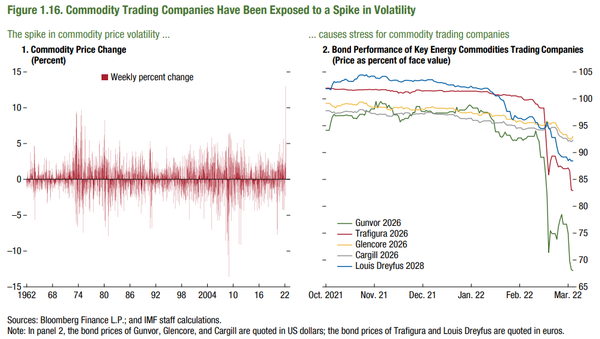
Newsletter
Commodity trading houses have always been prone to liquidity mismatches during times of stress. Physical commodities may take months to transport to the end user, while margin calls on futures contracts must be met immediately. Russia’s invasion of Ukraine sparked the latest episode in a long history of managing